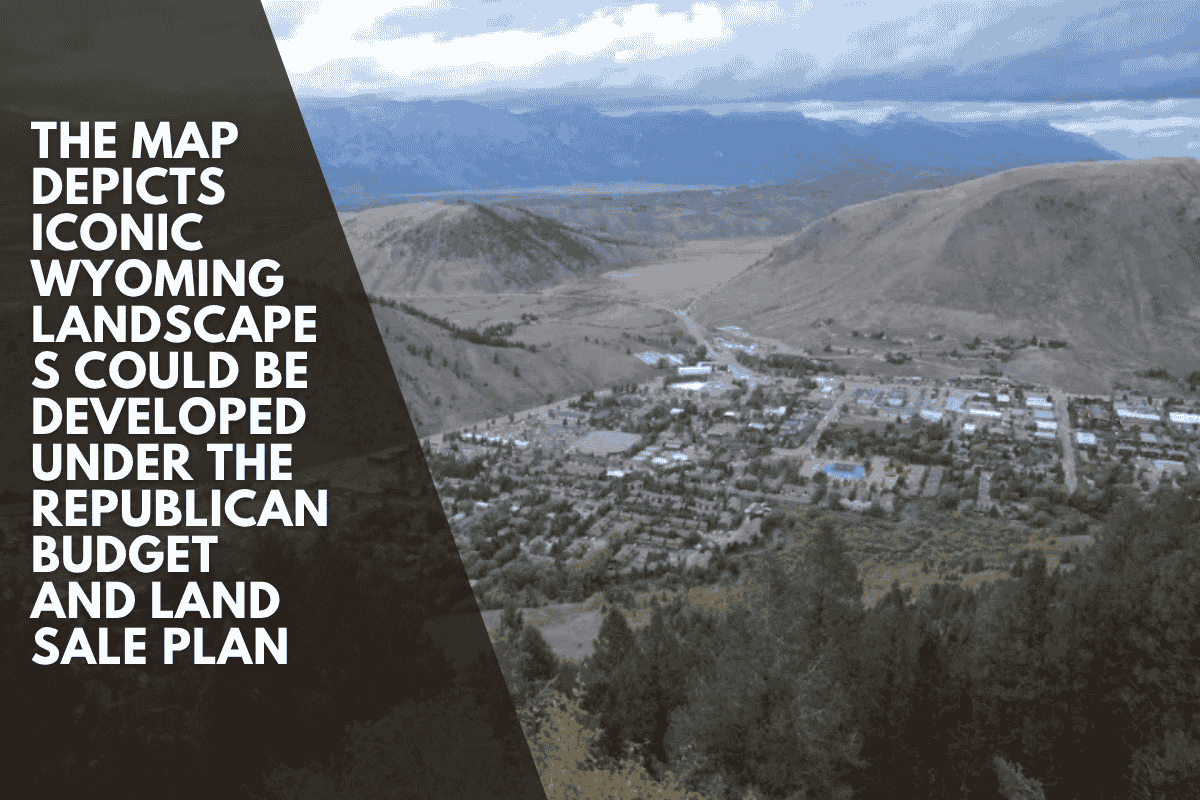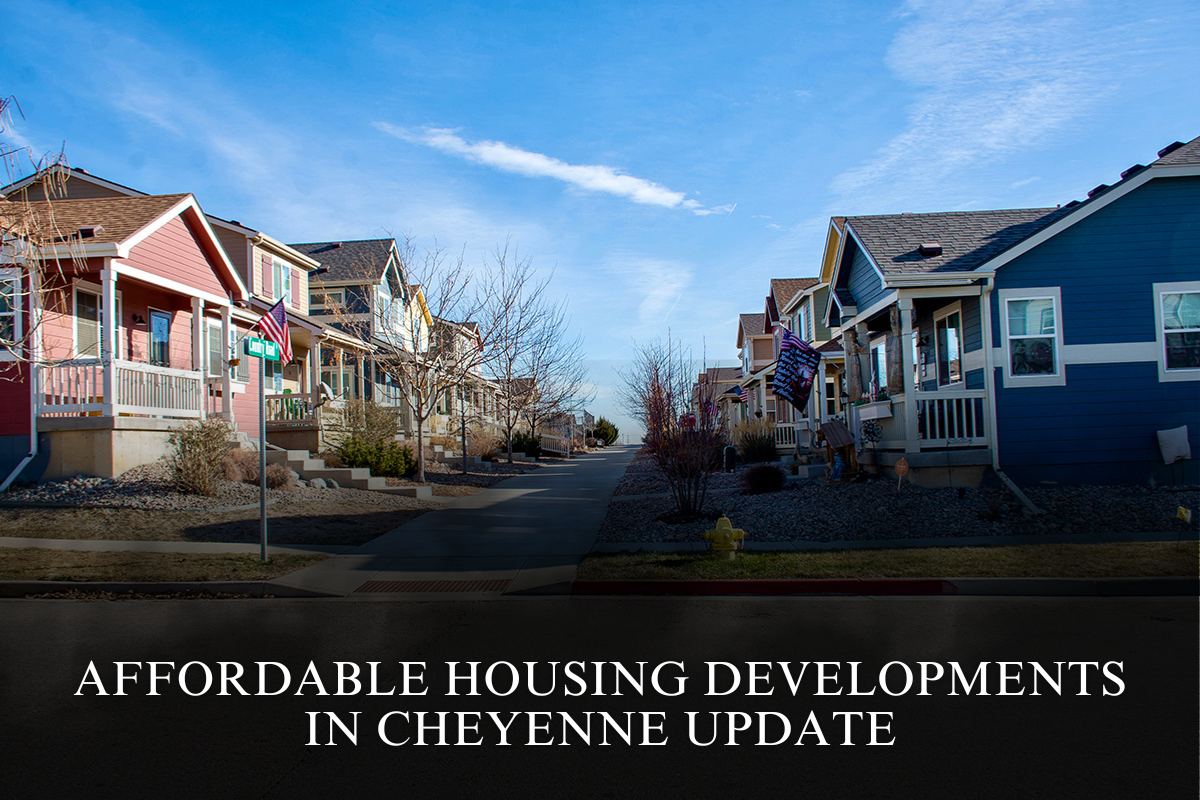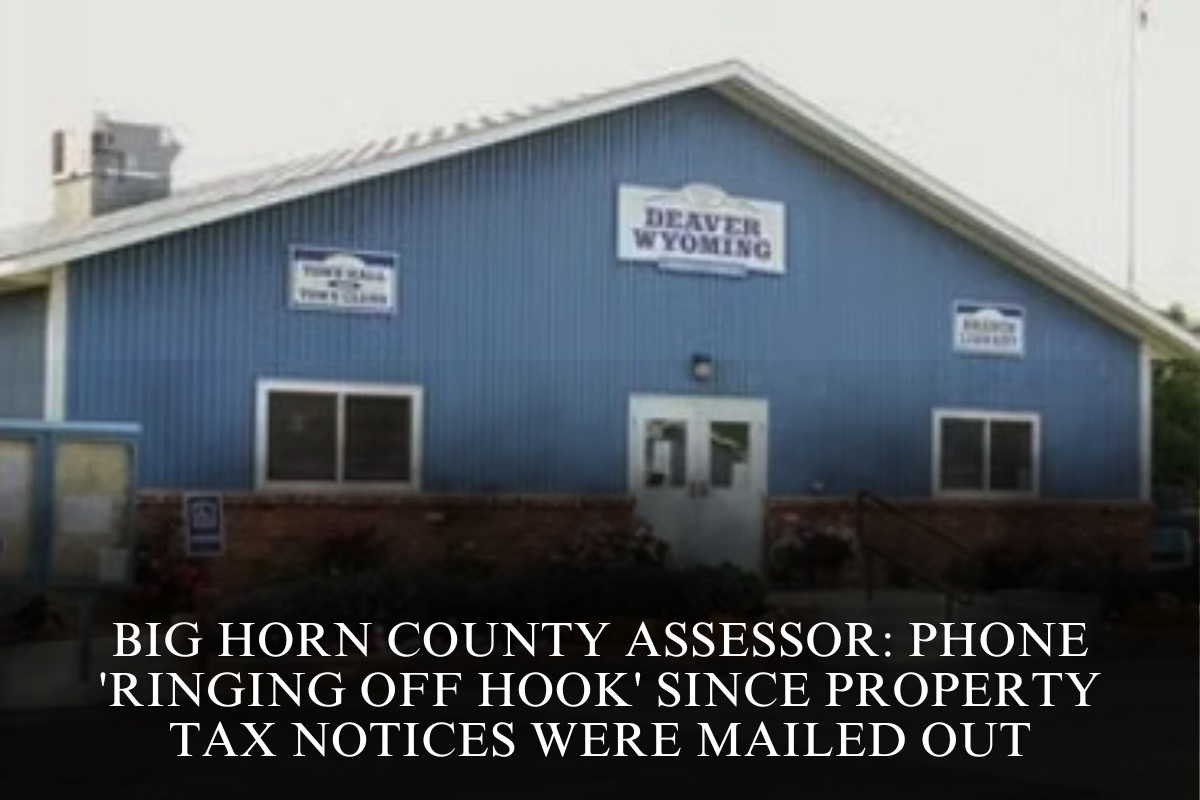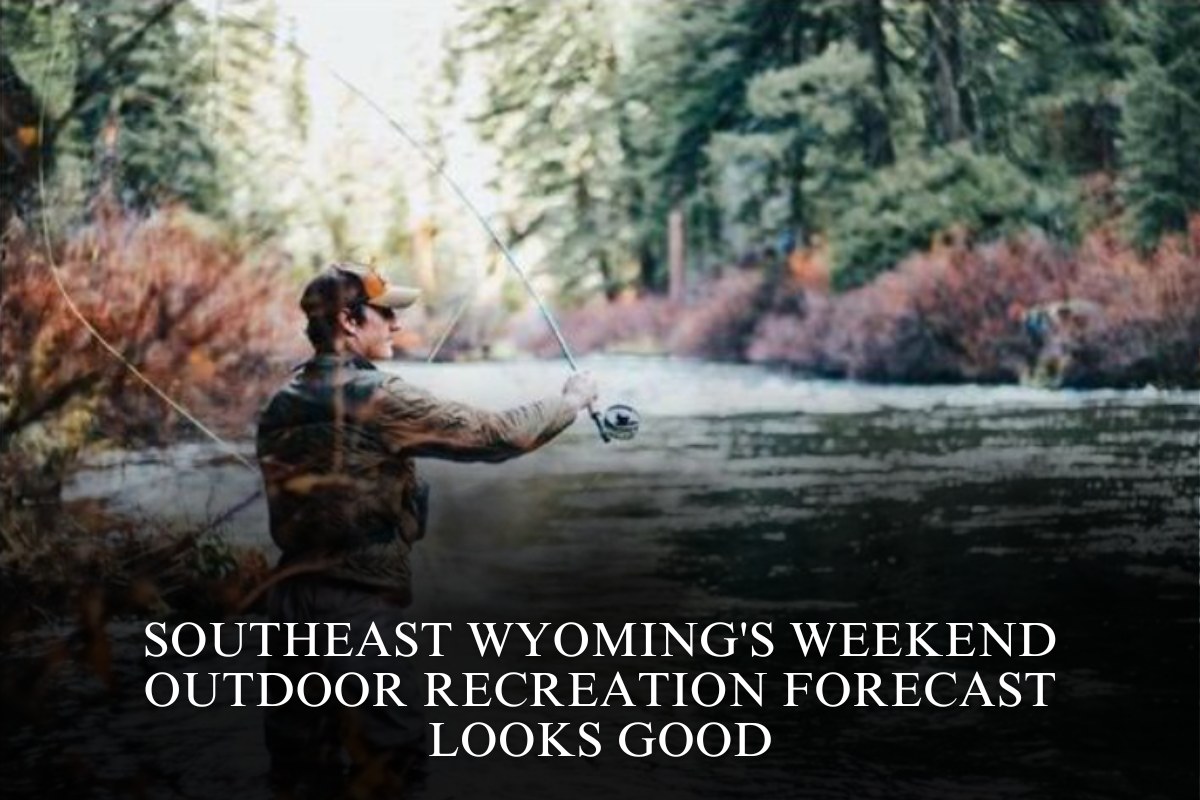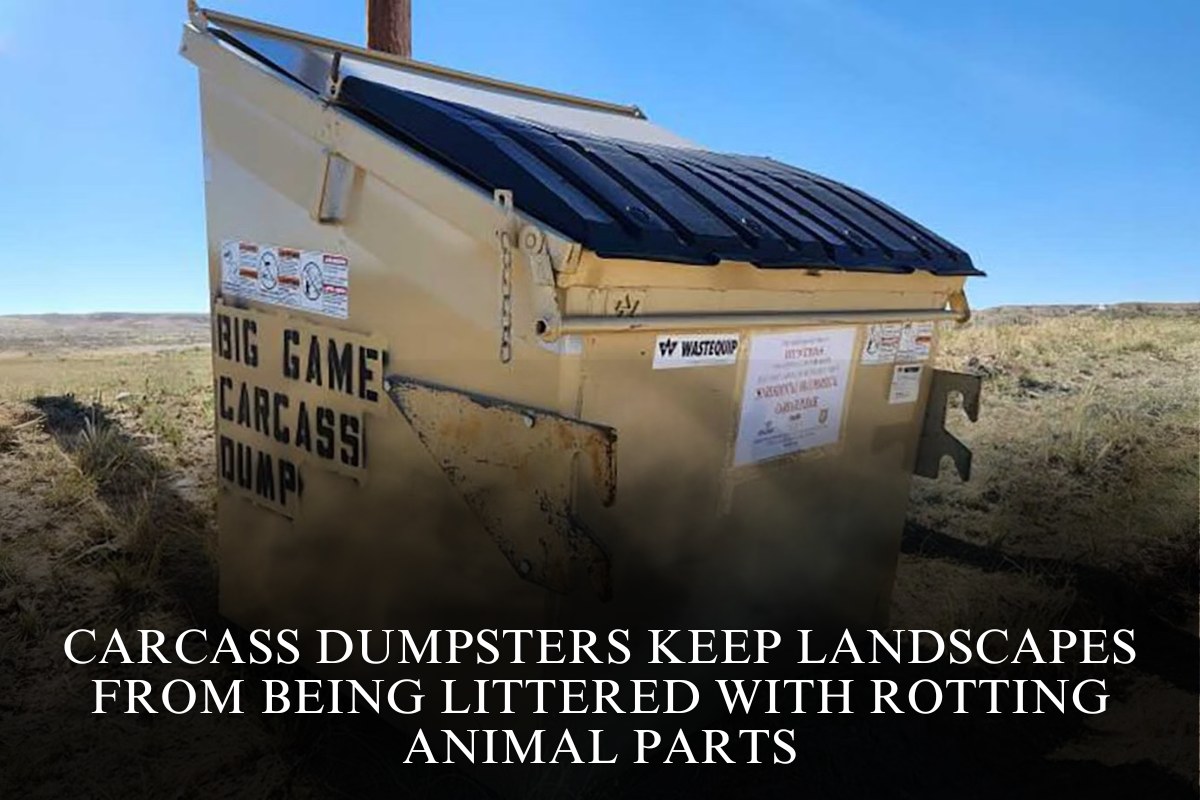Iconic Wyoming landscapes such as Green River, New Fork, and Fremont lakes could be developed for housing under the evolving Republican federal budget reconciliation bill, according to a map of federal lands that could be sold.
The Wilderness Society mapped potential sale properties using language developed by the Senate Energy and Natural Resources Committee. The
The panel revised the “mandatory disposal” measure on Saturday, but it has yet to map the estimated 258 million acres in 11 Western states that could be for sale.
However, the Wilderness Society map shows that, in addition to the Pinedale lakes, many other National Forest and Bureau of Land Management properties could be nominated for sale and development.
The Wilderness Society estimates that 15 million acres in Wyoming could be put up for sale.
According to the National Wildlife Federation, an estimated 2-3 million acres in the West would be sold following nomination and secretarial approval.
Casper resident Neil Short wrote to friends and colleagues that the bill would “drive a dagger into the heart of our Wyoming way of life,” and urged them to contact Wyoming senators to oppose it.
“We hunt, fish, ride horseback, ride ATVs, mountain bike, hike, camp, run, climb, ski, snowmobile, roam and exercise our Second Amendment rights on these beautiful, sacred landscapes,” wrote him.

The map of eligible land includes nearly the entire Wyoming Range, the Jackson Hole Mountain Resort, swaths of National Forest land around Jackson Hole, Forest Service land on the west side of the Tetons, and tracts bordering Star Valley.
West of Laramie, the Wilderness Society mapped large portions of the Medicine Bow National Forest for sale, including Sheep Mountain and parts of Lookout Mountain.
Land west of Cody, as well as Forest Service property on both sides of the Bighorn Mountains, could all be nominated.
According to The Wilderness Society’s map, scattered BLM lands throughout the state are also available for sale.
Grazing permits are in flux
Utah’s U.S. Senator Mike Lee has proposed a budget measure that includes the sales as part of the Republican plan to reduce the nation’s deficit.
The Congressional Budget Office has warned that the bill will not achieve this; critics argue that it will provide tax breaks to the wealthy and offset them with land sales.
The “mandatory disposal” provision would require the Interior and Agriculture secretaries, who oversee the Forest Service and BLM, to sell land owned by all Americans for fair market value.
Following his review of the bill, David Willms, associate vice president of the National Wildlife Federation, estimated that 2-3 million acres would be cut.
Interested parties could nominate a parcel for sale, and local governments, excluding Native American tribes, would have the option to match the sale price.
According to a draft of the measure obtained by WyoFile, the land would be developed for housing, with “affordability” being one of the criteria a secretary could consider when offering nominated parcels for sale.
The Senate committee amended Lee’s “mandatory disposal” measure on Saturday, adding federal grazing lands used by ranchers to the list of property up for sale. Prior to the revisions, ranchers’ grazing permits exempted their land from nomination and sale.
“Selling off 3 million acres of public lands without public input or consideration is bad for America and is bad for Wyoming’s way of life.”
Peter Linn
After the news of the changes spread to Western states, committee staffers in Washington, D.C., scrambled to protect ranchers, according to Jim Magagna, executive vice president of the Wyoming Stock Growers Association.
“I have been told they have drafted new language that totally protects any land with grazing rights from being sold,” Magagna informed me. “They assured me that anything they do will absolutely protect grazing permits.
“That satisfies our concerns,” he said, pending a final language reading.
Along with the deficit reduction goal, Lee described the effort to sell land owned by all Americans as a means of increasing affordable housing in the West. He has been a critic of federal land ownership, supporting the Beehive State’s petition to the United States Supreme Court to remove 18.5 million acres of BLM land from federal control.
The budget measure, however, contains no language requiring that any development be or remain affordable.
According to the most recent language in the measure, any nomination for sale “must include a description of [how the sale] would address local housing needs, including housing supply and affordability.”
Willms agreed that the Lee provision now permits the development of resorts and exclusive housing.
The Lee provision would also circumvent federal environmental laws that require analysis and documentation of the effects of a sale, as well as notice and comment. The bill would expedite sales by requiring the two agencies to begin accepting nominations within 30 days of its passage.
Montana is out, Wyoming is in
The Lee measure excludes Montana, a concession to Montana’s U.S. Rep. Ryan Zinke, who opposes any sales and will be a key vote in any bill passed by the House. The bill also exempts “federally protected lands” such as national parks, wilderness areas, battlefields, wild and scenic rivers, and other similar areas.
Willms described the bill as a “huge shift” in that it would direct sale proceeds to the general treasury. Today, these funds must be used by the agencies themselves for purposes such as landscape restoration.
Hunters and other outdoor enthusiasts see flaws in the bill.
Peter Lynn, owner of Pendergraft Outfitters, urged Wyoming residents to speak out. “Contact Senators John Barrasso and Cynthia Lummis and tell them that selling off 3 million acres of public lands without public input or consideration is bad for America and bad for Wyoming’s way of life,” he said in a post for the coalition Keep It Public Wyoming.
When WyoFile inquired about Barrasso and Lummis’ positions on Lee’s proposal last week, their staffers did not respond. Lummis did, in a separate statement, express his support for Lee’s overall approach to public land sales.
The Wyoming Outdoor Council issued a “red alert,” stating that “selling public lands to the highest bidder to fund tax cuts flies in the face of Wyoming values.”
Short, a Casper resident, told his friends that “if our precious landscape is sold, multi-billionaires would own our sacred lands and we would be peasants, locked out forever.”
